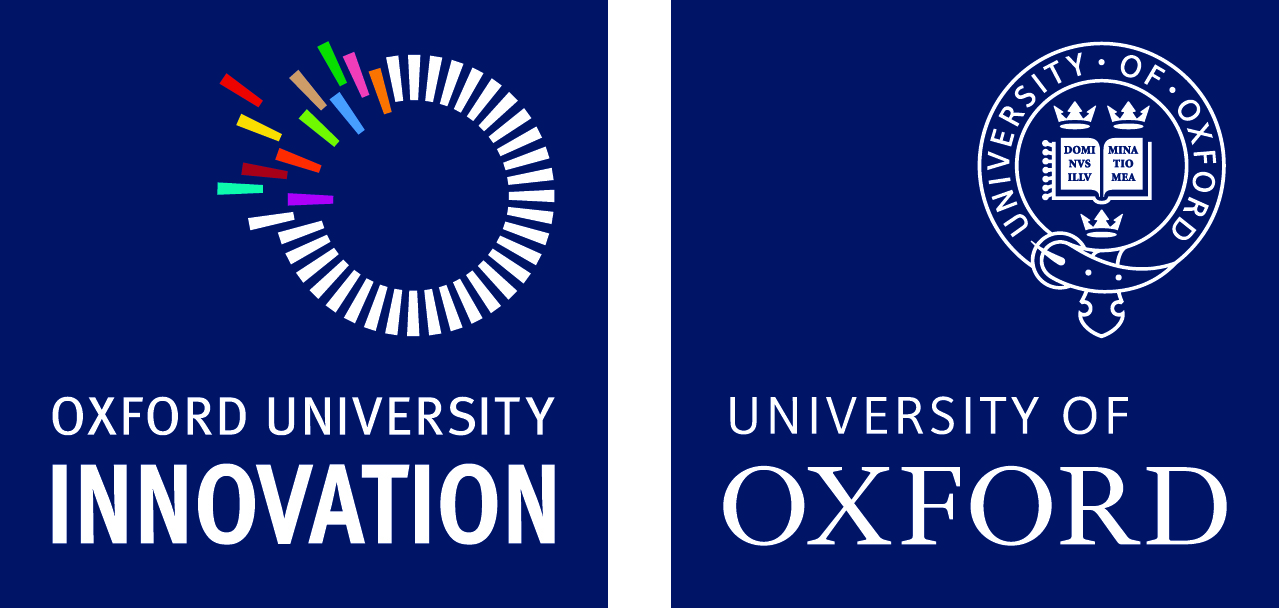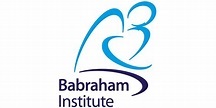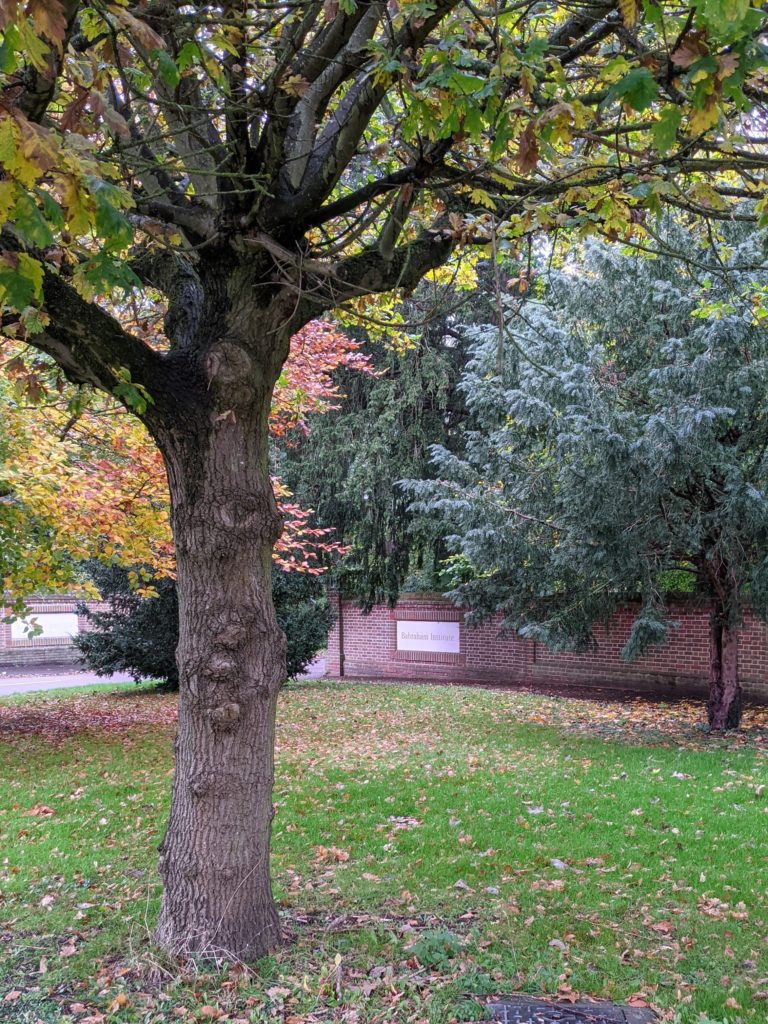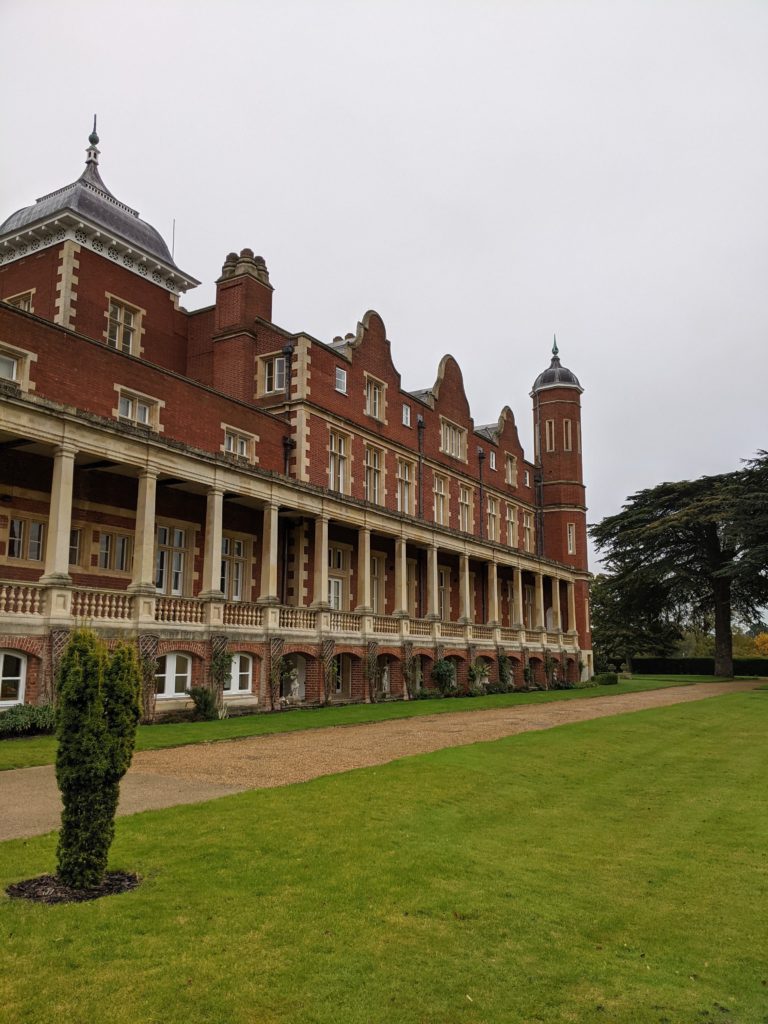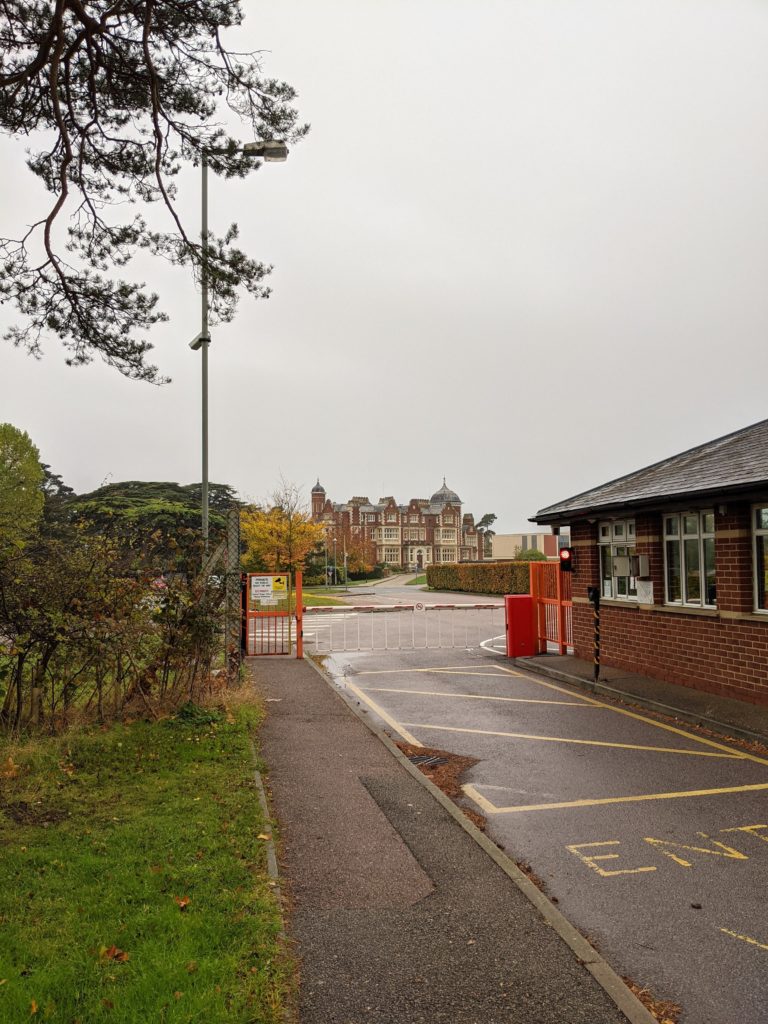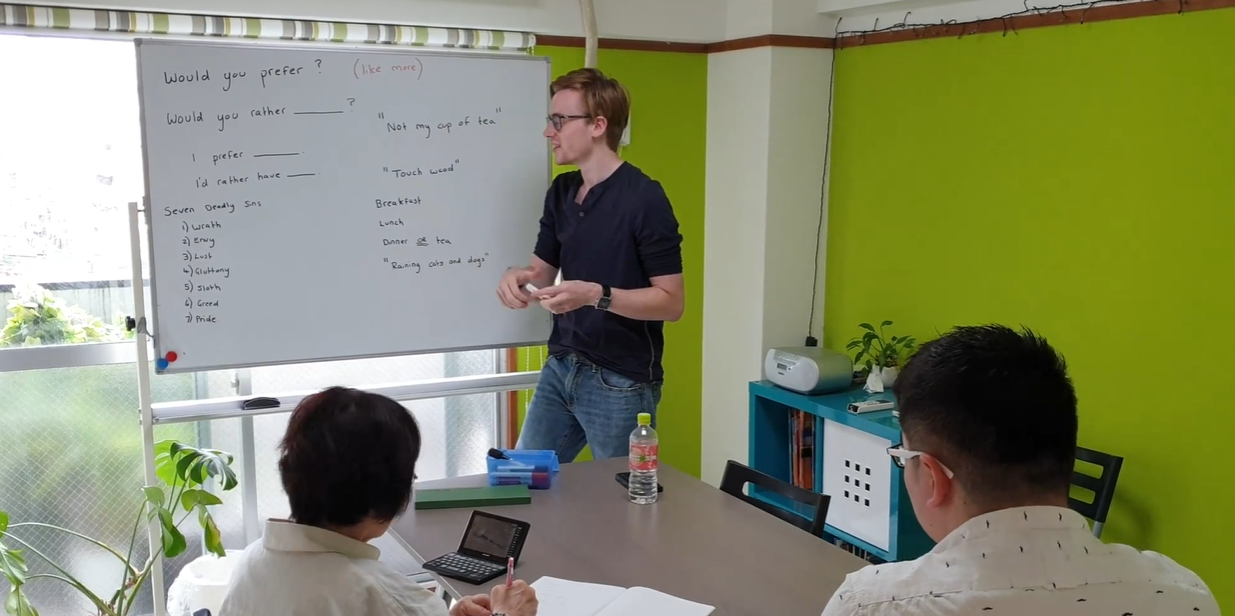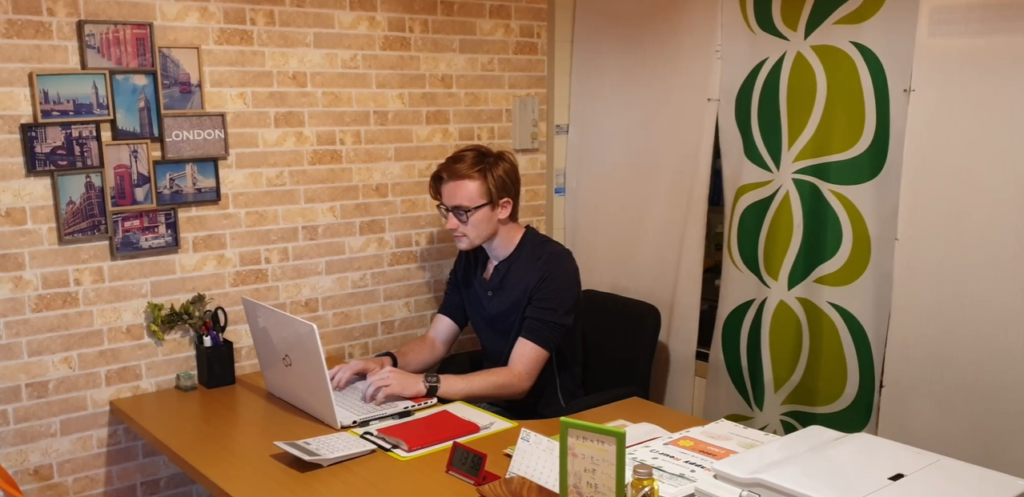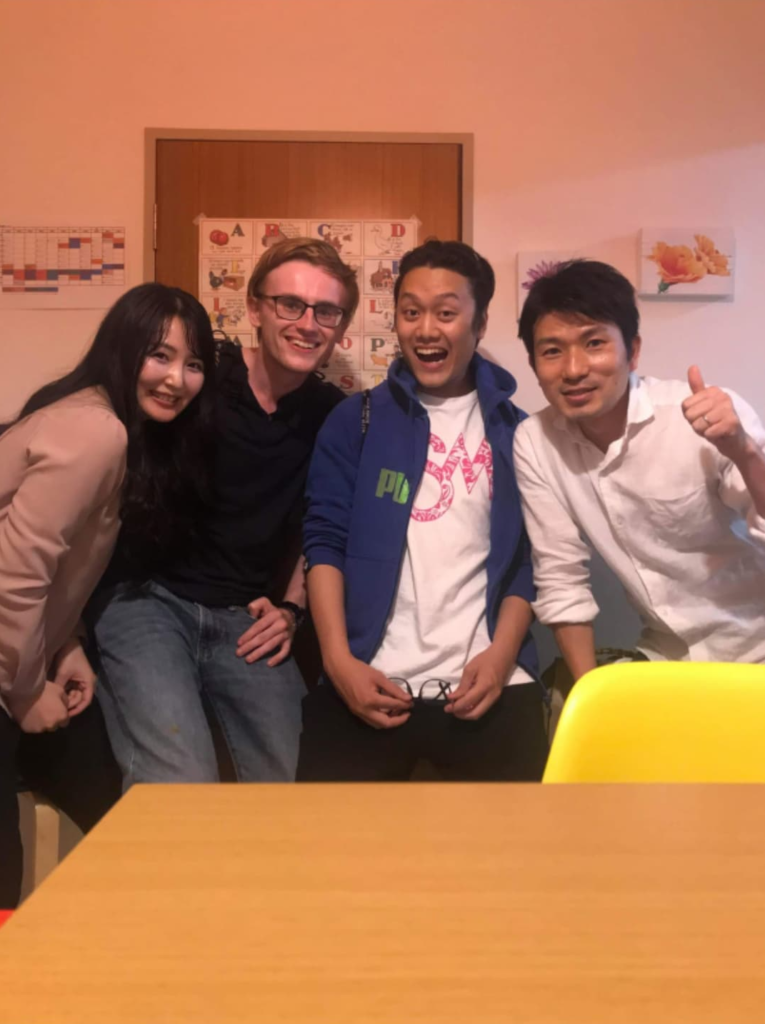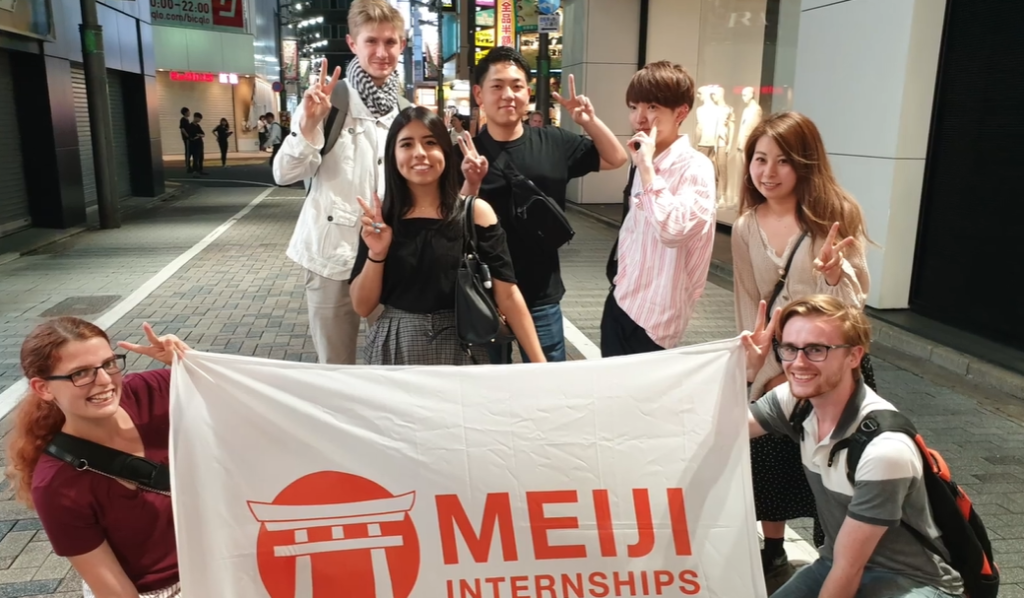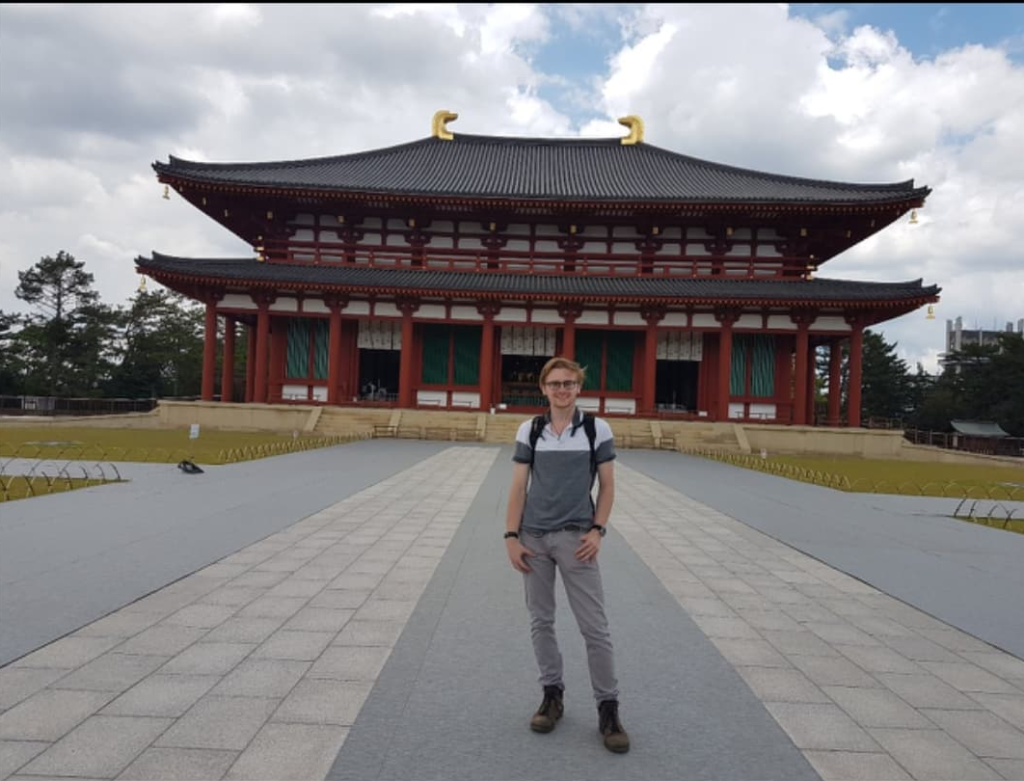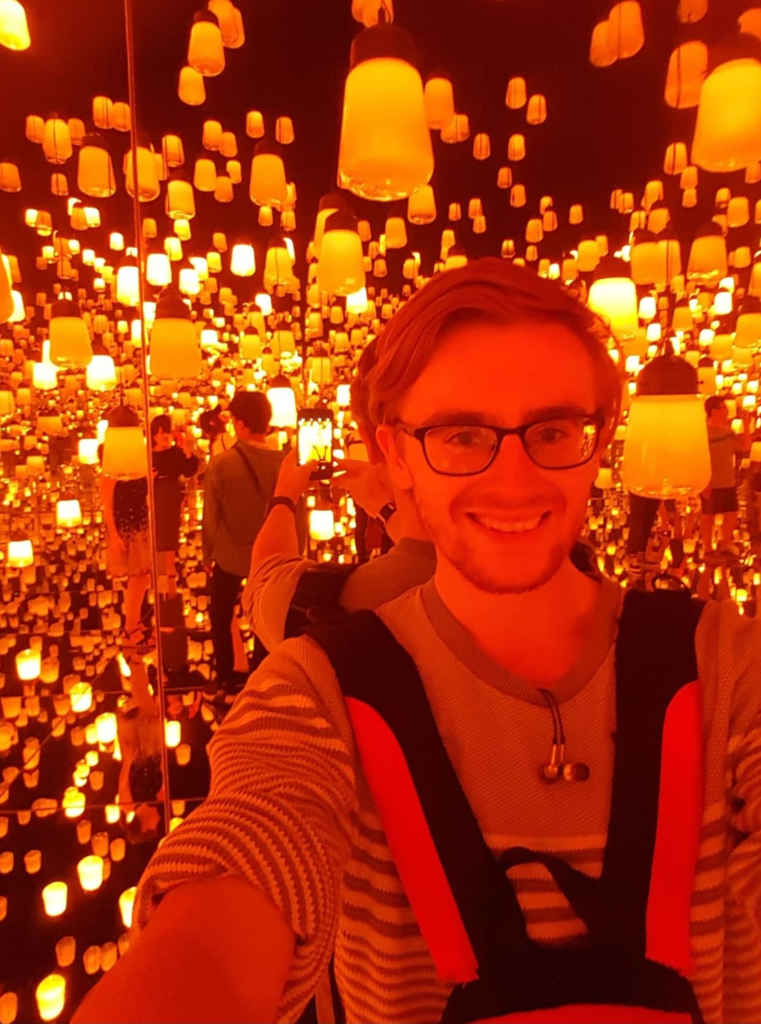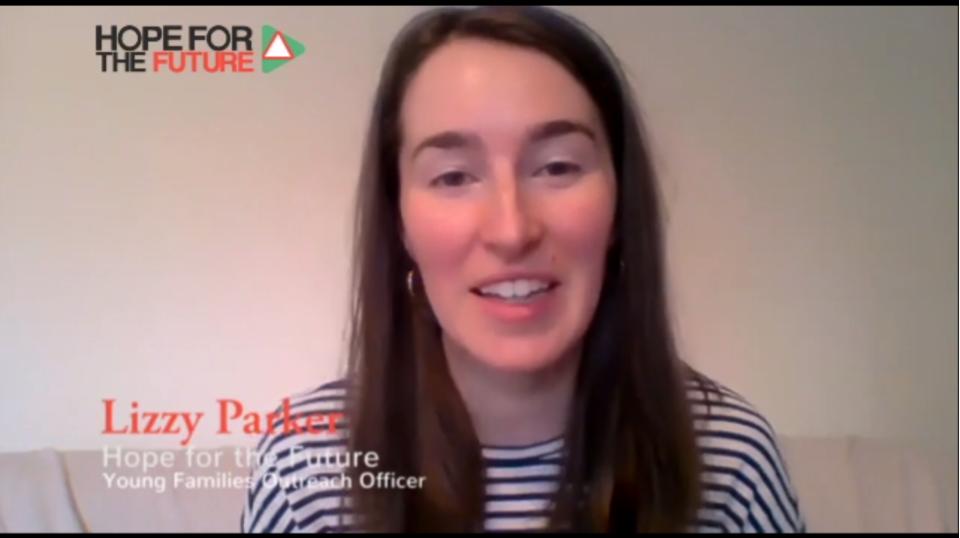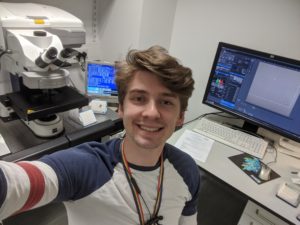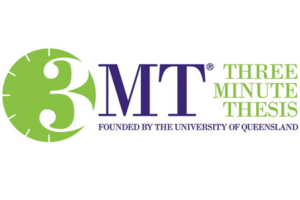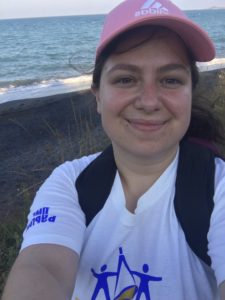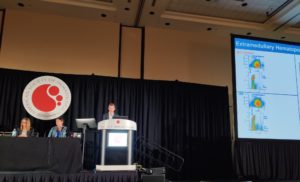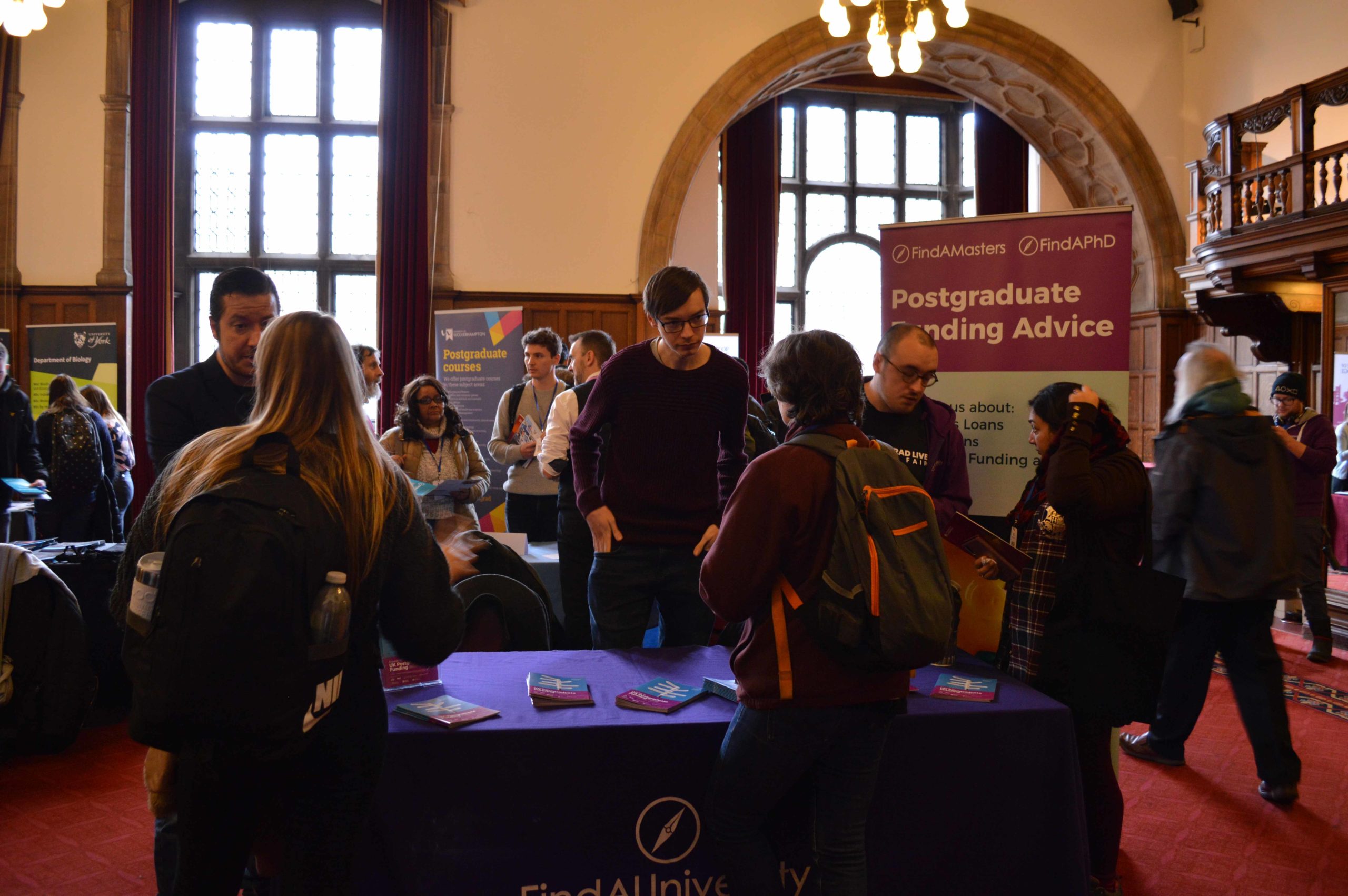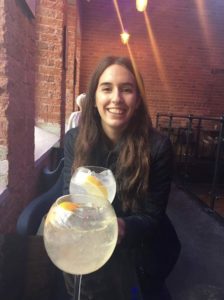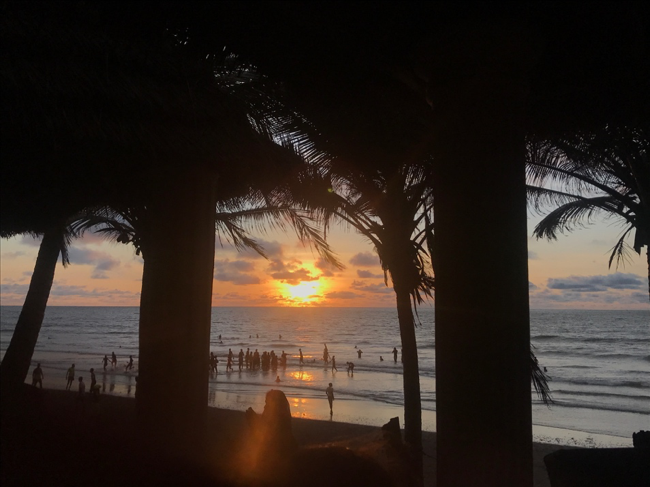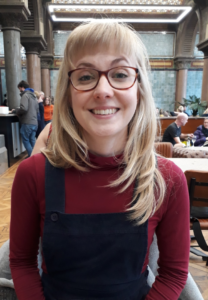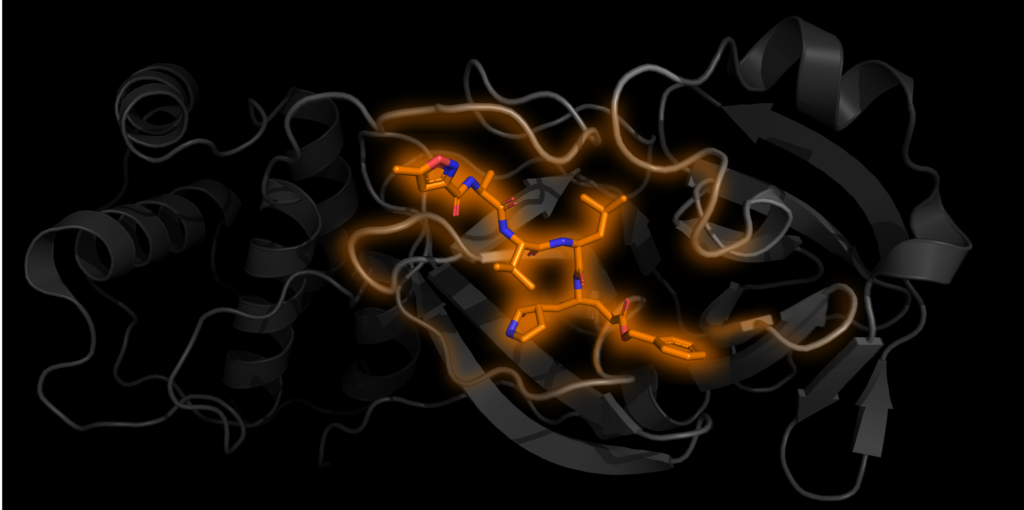Maria Nikolova, a 4th-year student at the University of Leeds, completed her PIPS at Oxford University Innovation (OUI), which is the technology transfer company of the University of Oxford. She worked within the ‘A Team’, which encompasses interns and Assistant Licensing & Ventures Managers.
What did you do?
As part of the ‘A Team’, I assisted Licensing & Ventures Managers with their commercialisation projects. I received training and participated in all aspects of the commercialisation of science.
Mainly, I was involved in assessing the new disclosures that came in from academics within the university for inventions they thought to be of commercial value. This entailed:
- patentability searches, so looking for patents, journal articles or other documents in the public domain that related to the invention to understand the broader context of the invention and which parts of it were novel (this does not apply to inventions which benefit from other forms of intellectual property protection, e.g. know-how, copyright for software, etc.);
- marketing searches, so understanding how big the market is, what the current trends are, what deals had been made in this area (that we could benchmark against) and which companies and products are leading in the space.
I also helped write marketing profiles for technologies where the patent had been granted and the project was ready to be actively marketed. For projects which were already in the process of being actively marketed, I sought and approached relevant contacts within industry to broach the potential of a licensing agreement. Additionally, I helped to secure letters of support from industry for a translational funding grant.
There were a couple of projects that I was involved with on an ongoing basis for the duration of my internship, providing support with paperwork, customer management and marketing strategies. I was able to follow the progress of these projects and the strategies employed to make them successful.
There were also work shadowing opportunities to sit in on disclosure meetings with academics, discussions with patent attorneys, observe spinout investment negotiations and learn about ongoing licence agreements and negotiations.
I also helped with onboarding the new cohort of participants in the start-up incubator and attended some of the training events. The incubator was for students or alumni of the university whose ideas were not directly related to their university research. The team at OUI helped the participants refine their ideas and come up with a pitch for investors.
Throughout the internship I directly interacted with and managed the relationships between different stakeholders in the projects, such as the Licensing & Ventures Managers, the academics, patent attorneys and contacts in industry. I also organised for someone from the translational research office to speak to the A Team as a guest in one of our meetings, introduce the resources we can access and facilitate better collaboration between us.
What made you want to do that particular placement?
I am interested in pursuing a career as a patent attorney and had spoken to a couple of people who worked in that area who recommended a placement in a university technology transfer office (TTO) as the most relevant work experience I could get during my PIPS. I also took part in the YES competition earlier that year, which had broadly introduced me to commercialisation, and really enjoyed that experience, so I thought this placement would be a great opportunity to advance my knowledge and skills in the area. OUI also played a big part in commercialising the Oxford/AstraZeneca COVID-19 vaccine and is one of the most exciting TTOs in the UK, so I thought I’d have the opportunity to see a variety of different technologies and business strategies there.
How did you go about finding and planning your PIPS?
I looked at some tables and rankings on the technology transfer offices of universities in the UK to see which ones were most active and where would be best to go. As I already mentioned, OUI stood out for its excellence and, additionally, they were already advertising for an internship position. After the pandemic happened, I thought it may be best to go for a TTO which was already well-prepared to host an intern. The positive experiences of other students on the DTP who did their PIPS at OUI (conversations with Jack Wright from my lab and the Case Study from Maia Harvey) solidified my choice.
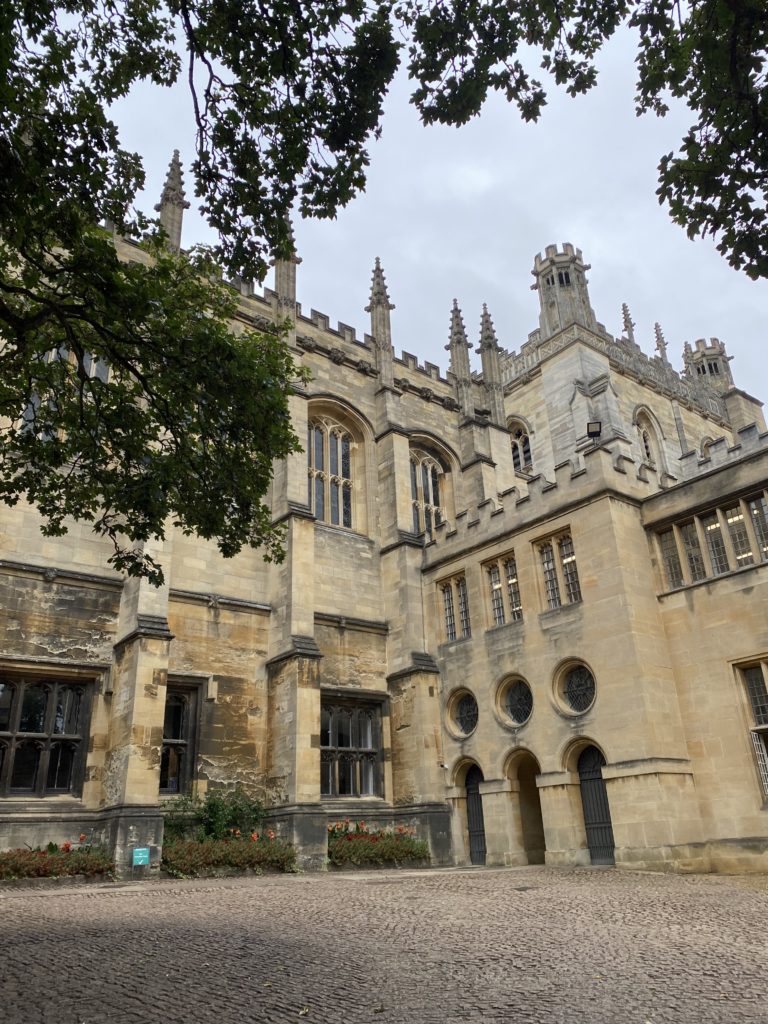
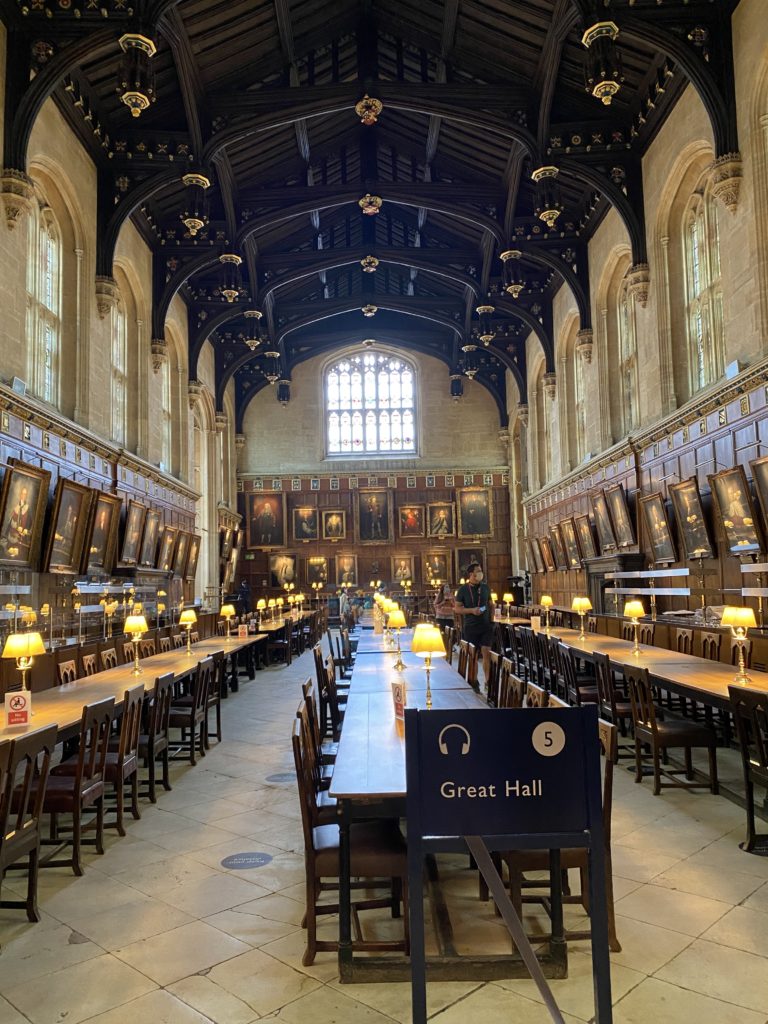
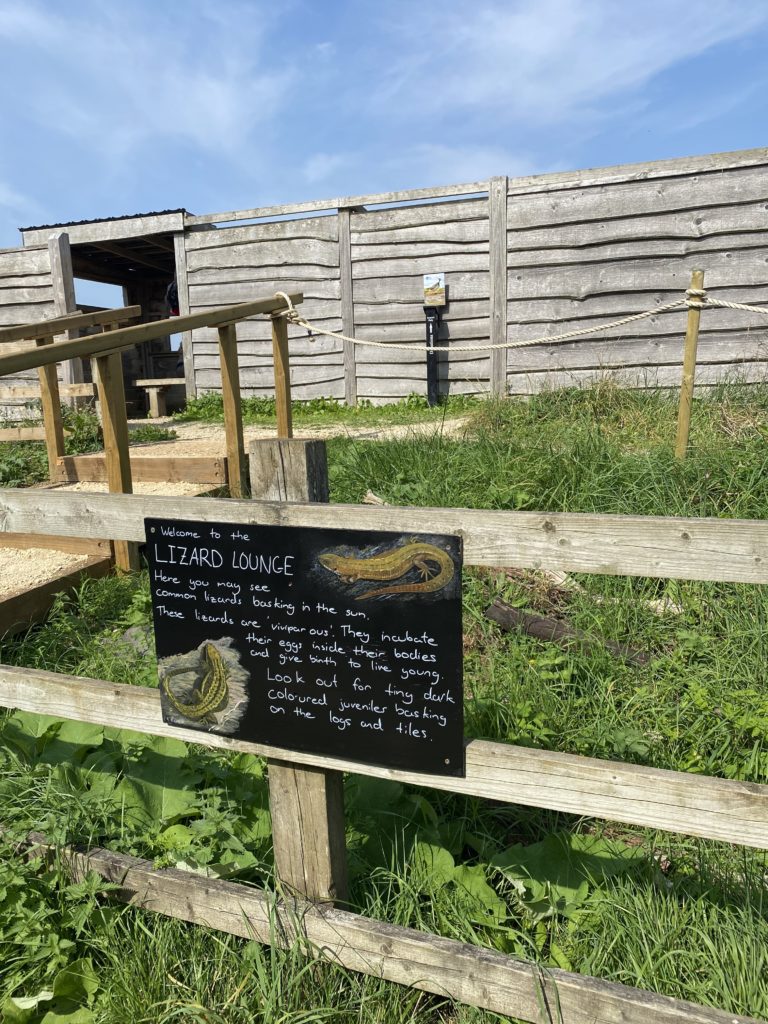
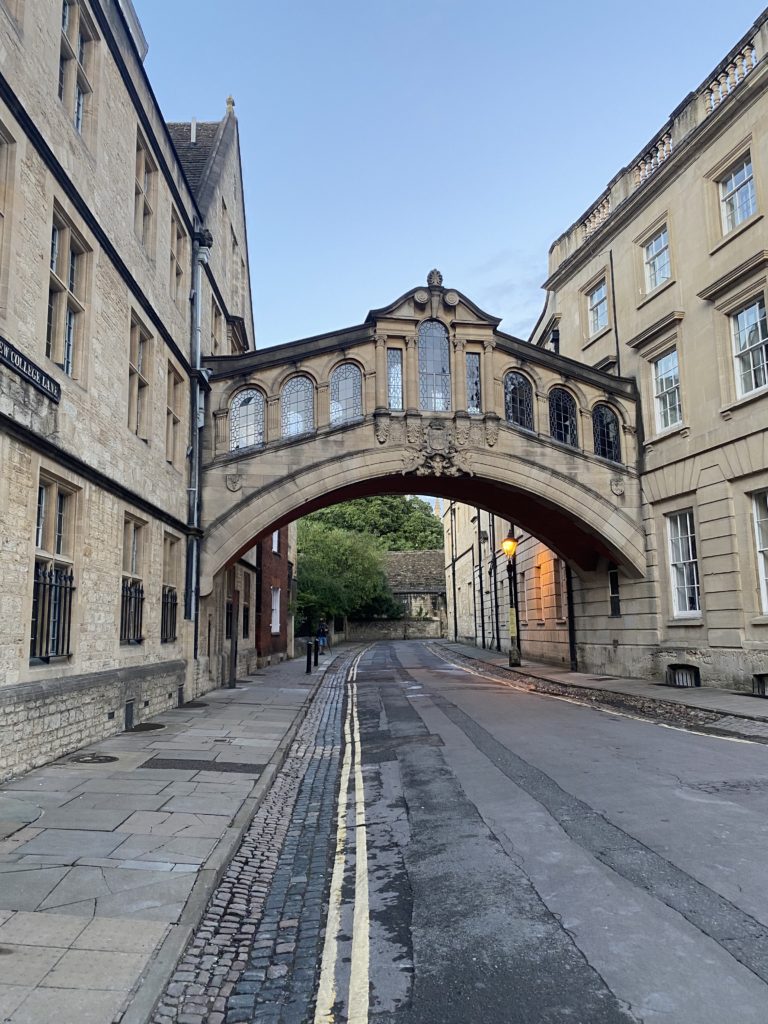
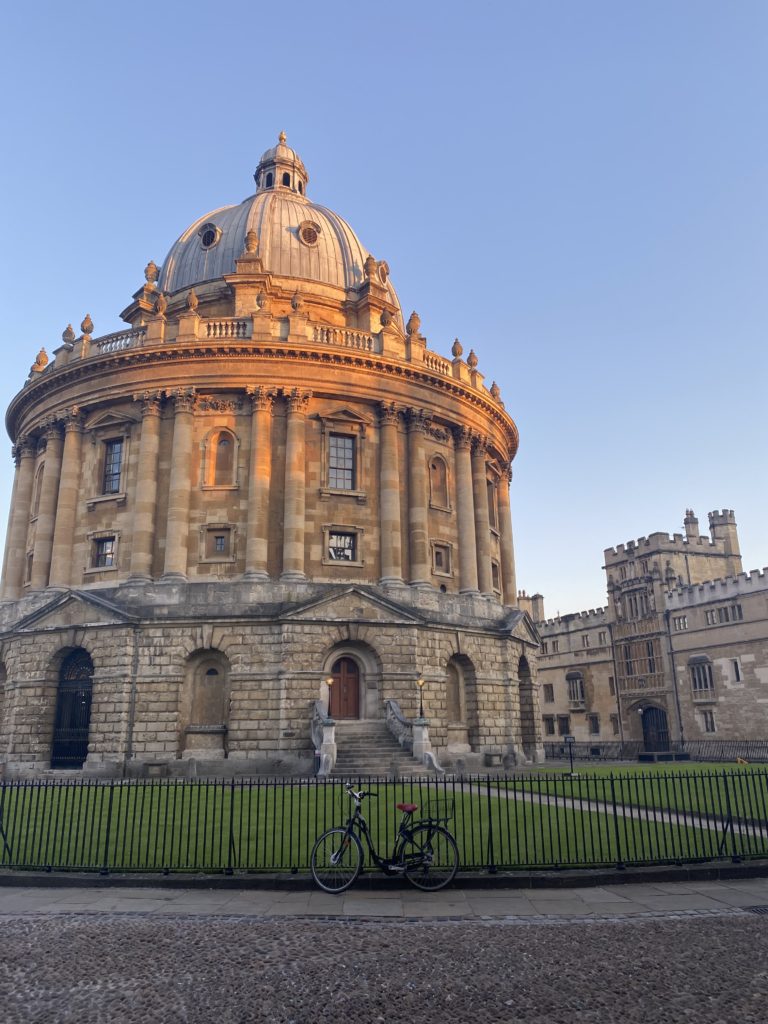
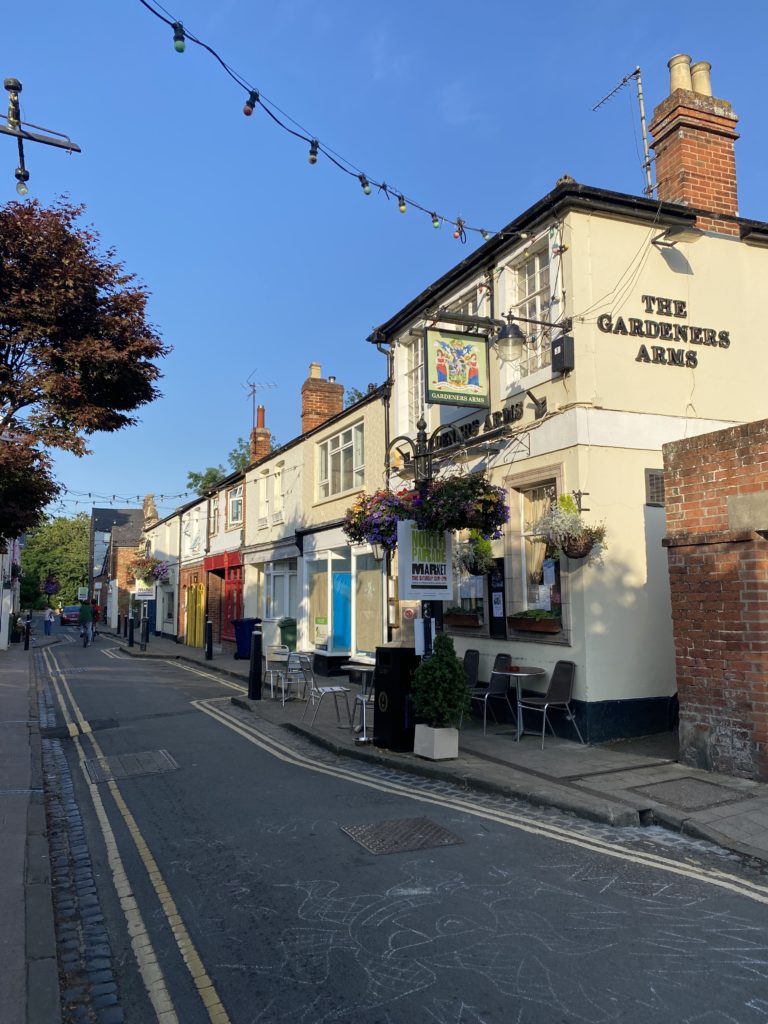
What have you gained from doing your PIPS?
I have learned so much about what the day-to-day job in a technology transfer office entails and the considerations that need to be taken when you want to commercialise an invention, the main one being – there has to be a market for it! I was always involved in a breadth of different projects across life and physical sciences so I even learned about some new science! There was no formal training on this, but I do feel like I have absorbed some project management skills just by being part of the organisation and processes. I also felt like a really valued member of the company, I was given responsibilities from the start and my skills and opinions were sought after, which has been a great confidence boost. I think it’s very easy to feel incompetent during your PhD, especially when you are stuck on an experiment which is not working, so it was good to be in a workplace where I could see how my skills and experience can be applied in a professional setting and bring value.
How would you sum up your PIPS experience?
It has been an incredibly enjoyable experience for me (and I only wish I had more time to be able to see projects through to success as the timelines are so long for most!). I believe the experience I gained will be invaluable in my future career as I was exposed to the different parts of commercialisation and was able to find out which ones I enjoy and which I don’t. Patents are still my favourite! It has been so refreshing to focus my mind on something different, especially after the draining months of doing a PhD in a pandemic. It has broadened my horizons on where my skills and knowledge can be useful by interacting with the commercial side of science.
What advice would you give to other PGRs about PIPS?
PIPS has been an incredible opportunity to learn about an area outside of academic science that I am interested in as a potential career so I would encourage others to seek opportunities that they feel could help them expand their work experience in a relevant field. Or just follow your curiosity if you haven’t quite figured out what you want to go into yet! Outside of this, it has also been refreshing to see that my skills can be very useful in a professional setting and it has made me feel more confident about my place in the job market.

